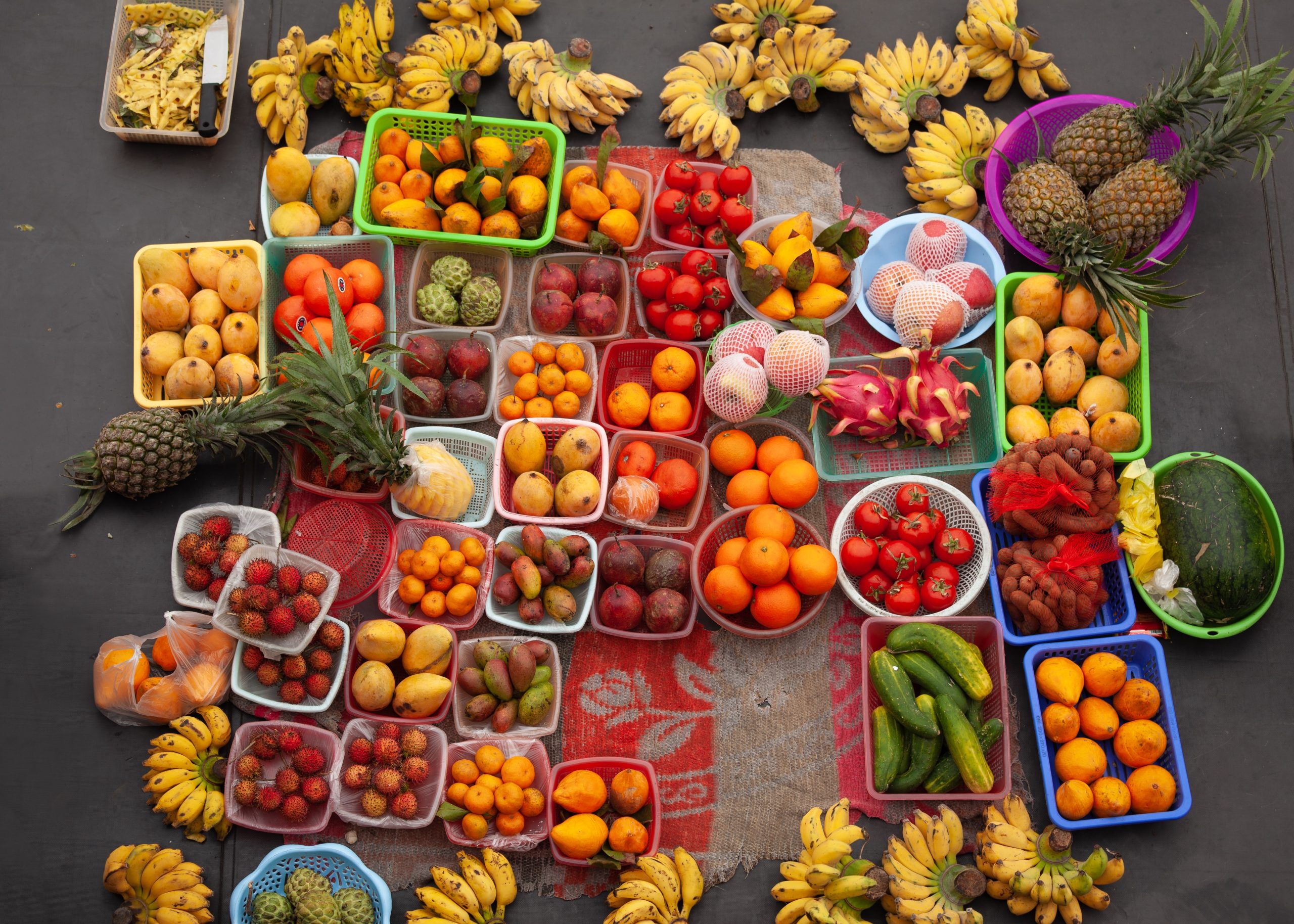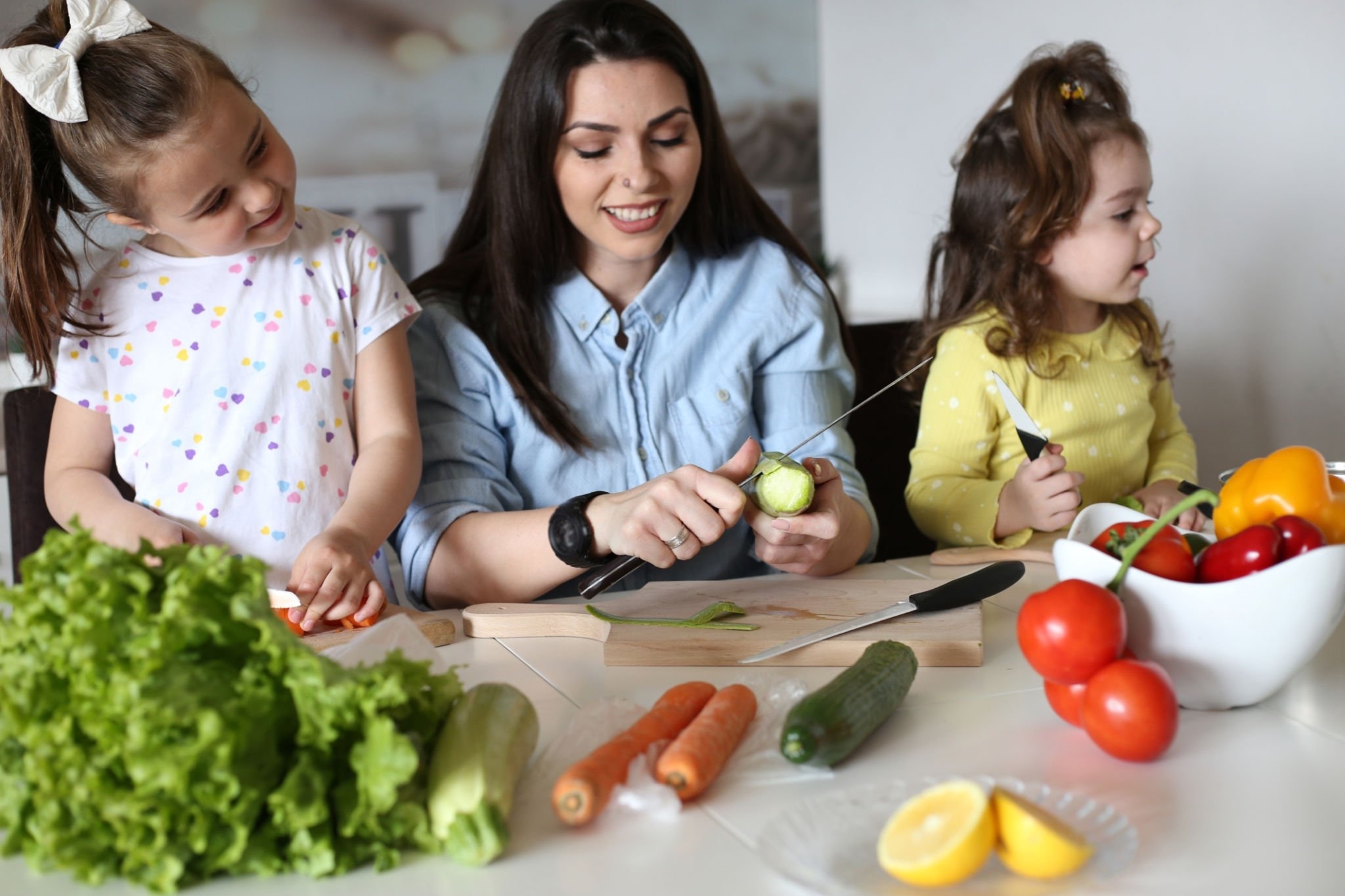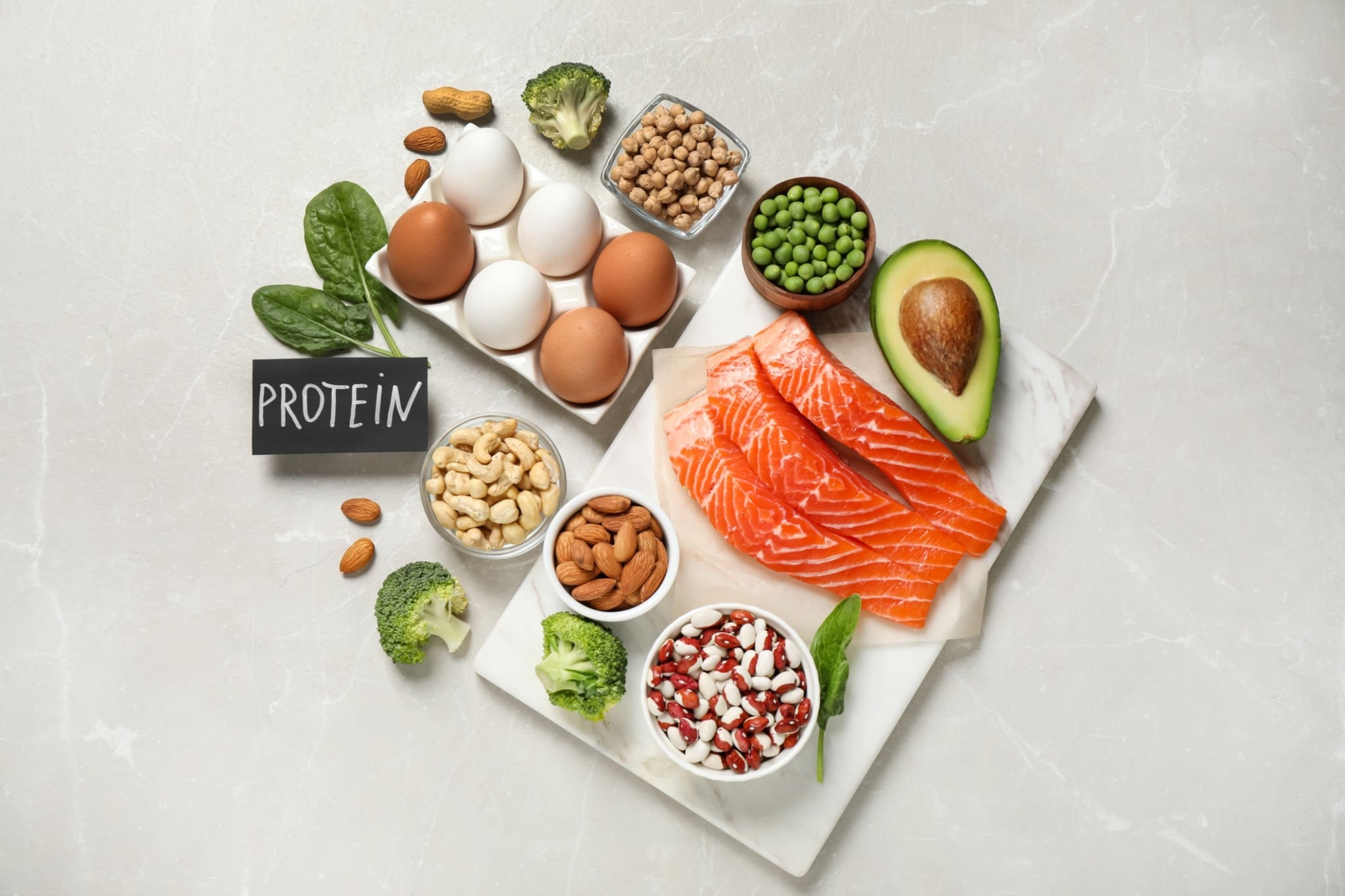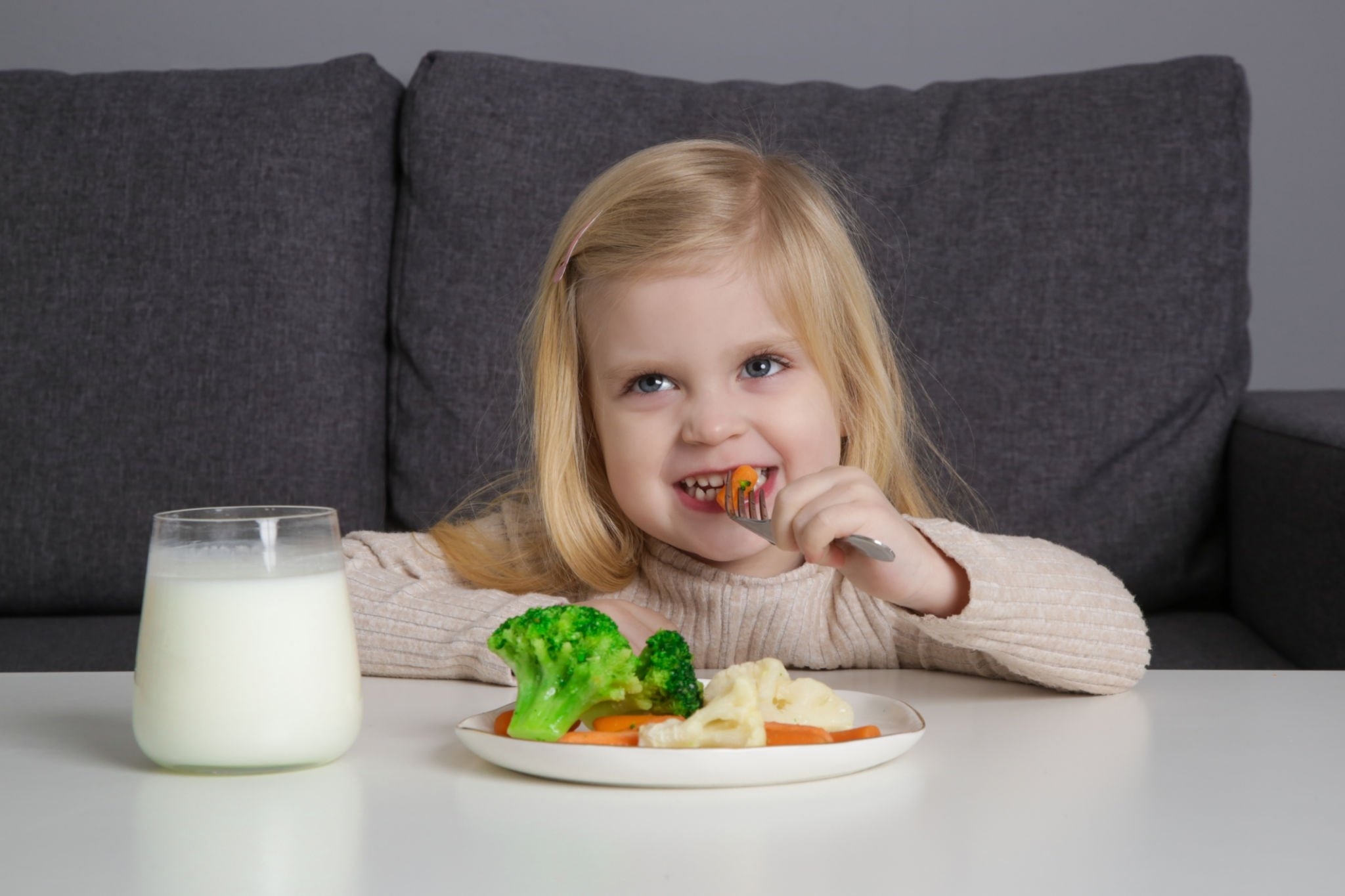As parents, we strive to provide the best nutrition for our children. A well-balanced diet plays a crucial role in their growth and development, ensuring they have the energy, nutrients, and vitamins they need. With an abundance of food options available, it can be challenging to determine what’s truly beneficial for our little ones. To make things easier, we have compiled a list of seven of the best foods for children, focusing on their nutritional value and overall health benefits.
1. Colorful Fruits and Vegetables:

Encouraging children to consume a variety of colorful fruits and vegetables is essential. These natural powerhouses are rich in vitamins, minerals, and antioxidants that support healthy growth. Consider introducing them to berries, oranges, broccoli, spinach, carrots, and sweet potatoes. These vibrant options are not only nutritious but also appealing to their taste buds.
2. Whole Grains:
Whole grains are a vital source of dietary fiber, B vitamins, and minerals. Opt for whole wheat bread, brown rice, oats, and quinoa instead of their refined counterparts. Whole grains provide sustained energy, aid in digestion, and support brain function, making them an excellent choice for growing children.
3. Lean Proteins:
Proteins are the building blocks of our bodies, and they play a crucial role in the growth and development of children. Incorporate lean sources of protein such as lean meats, poultry, fish, eggs, legumes, and tofu into their diet. These options are rich in essential amino acids, iron, and zinc, which are essential for muscle development and overall health.
4. Dairy Products:
Dairy products like milk, cheese, and yogurt are excellent sources of calcium, which is vital for developing strong bones and teeth. Choose low-fat or non-fat options and ensure they are fortified with vitamin D for better calcium absorption. If your child has a dairy intolerance or follows a vegan diet, consider alternatives like fortified plant-based milk, calcium-set tofu, and green leafy vegetables.
5. Nutritious Snacks:
Snacks are an inevitable part of a child’s diet, so it’s crucial to choose nutritious options. Instead of sugary treats and processed snacks, offer them healthier alternatives. Some great choices include fresh fruit slices, yogurt, homemade granola bars, unsalted nuts, and whole-grain crackers with hummus. These snacks provide energy and essential nutrients without excessive sugar and unhealthy fats.
6. Omega-3 Fatty Acids:
Omega-3 fatty acids are essential for brain development and cognitive function. Incorporate foods rich in these healthy fats, such as fatty fish (salmon, mackerel, and sardines), walnuts, chia seeds, and flaxseeds. Consider serving fish twice a week to ensure an adequate intake of omega-3s, or consult your pediatrician for suitable supplements.
7. Hydration with Water:
Water is often overlooked, but it is vital for children’s overall well-being. Encourage them to drink water throughout the day, especially after physical activities or in hot weather. Limit their intake of sugary drinks like soda, fruit juices, and sports drinks, as these can contribute to unnecessary calories and dental issues.
Conclusion:
Providing children with a balanced and nutritious diet is essential for their growth, development, and overall health. The seven foods mentioned above, including colorful fruits and vegetables, whole grains, lean proteins, dairy products, nutritious snacks, omega-3 fatty acids, and water, should form the foundation of their daily meals. Remember, healthy eating habits established during childhood can pave the way for a lifetime of well-being. So, let’s nourish our little ones with the best foods and set them on a path




